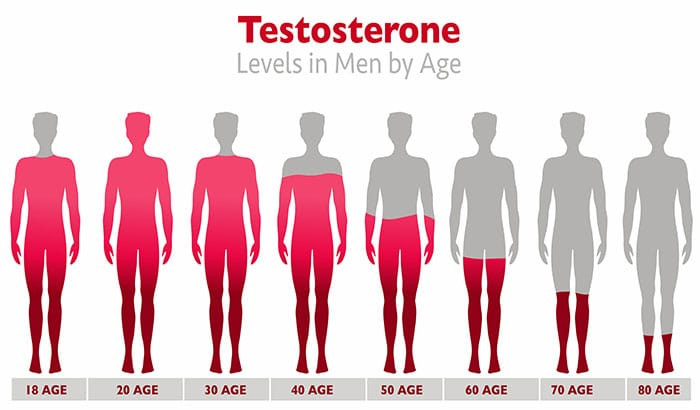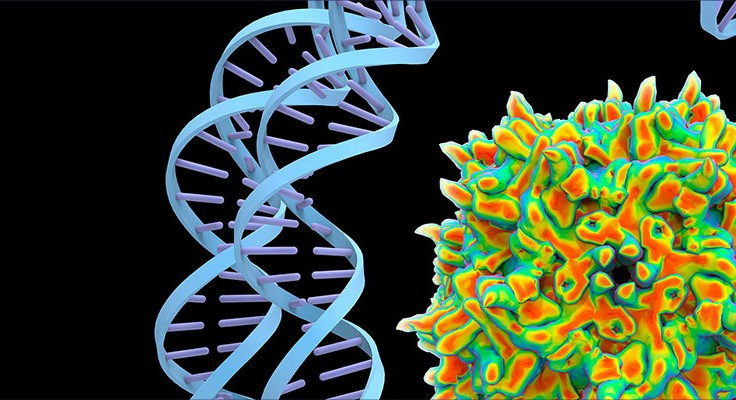Prolactin and Progesterone

Types of testosterone tests ?
There are several types of testosterone tests that one can get, including:
Total Testosterone Test: This measures the total amount of testosterone in the blood, both free and bound to proteins.
Free Testosterone Test: This measures the amount of testosterone that is not bound to proteins and is available for use by the body.
Bioavailable Testosterone Test: This measures the amount of testosterone that is free or loosely bound to proteins and is available for use by the body.
SHBG Test: SHBG (Sex Hormone Binding Globulin) is a protein that binds to testosterone and other sex hormones in the blood. This test measures the level of SHBG in the blood, which can affect the amount of free and bioavailable testosterone.
LH Test: LH (Luteinizing Hormone) is a hormone that signals the testes to produce testosterone. This test measures the level of LH in the blood, which can provide information about the health of the testes and pituitary gland.
It's important to note that the specific tests offered may vary depending on the healthcare provider and the laboratory used for testing. It's also important to discuss the results of any testosterone tests with a healthcare provider, as they can help interpret the results and provide guidance on any necessary follow-up actions.
And the methodologies of Testosterone testing can also vary a lot in accuracy and efficacy.
There are several methodologies used for testing testosterone, including:
Immunoassay: This is the most commonly used method for measuring testosterone levels. It uses antibodies to detect and measure the amount of testosterone in the blood.
Liquid chromatography-mass spectrometry (LC-MS): This is a highly accurate method for measuring testosterone levels. It separates the testosterone molecules in the blood and then measures them using mass spectrometry.
Gas chromatography-mass spectrometry (GC-MS): This is another highly accurate method for measuring testosterone levels. It involves converting testosterone to a gas and then separating and measuring the molecules using mass spectrometry.
Radioimmunoassay (RIA): This is an older method that uses radioactive markers to measure the amount of testosterone in the blood. It is less commonly used today due to safety concerns and the availability of newer, safer methods.
It's important to note that different laboratories may use different methodologies for testing testosterone, and that the results of different tests may not be directly comparable. Therefore, it's important to discuss the specific methodology used for any testosterone test with a healthcare provider to ensure that the results are interpreted correctly.
Posted in:
Health & Longevity
















Leave a comment